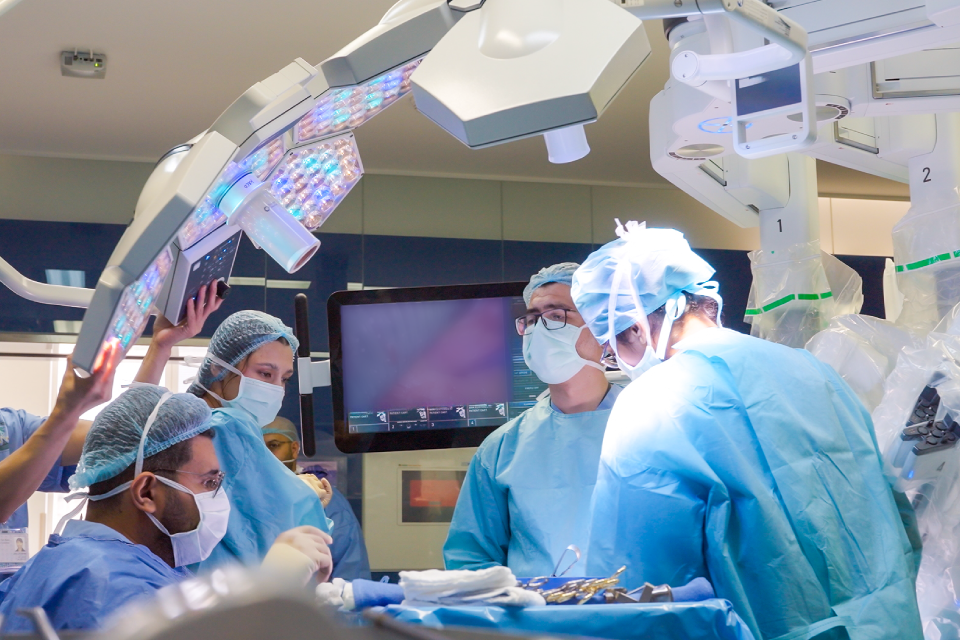In biological research, the research liquids or chemicals play an important role in carrying out any biological experiments. Research liquids help the researchers in determining and studying any biological process in detail. These chemicals have a wide array of chemical compositions and properties. These liquids are solely used for research purposes, and to buy research liquids, preventive measures should be taken.
In this article, we have discussed the usage of research liquids in various biomedical research processes.
Understanding Research Liquids
Research liquids are the various chemicals that are widely used in various biological research. These liquids have certain properties that are preferable for any research experiments and important uses in laboratories. These liquids have wide applications in the fields of Physics, Chemistry, and Biology. Research liquids are used in several biological methods and also in several therapeutic processes.
Use of Research Liquids in Biological Researches
The processes where the research liquids are used are as follows:
- Culturing of Mammalian Cells: Mammalian cells require favorable conditions and nutrients to sustain. And while they are kept in laboratory conditions, these research liquids provide them with the required conditions and nutrients to survive and divide. This allows the scientists to check the viability of the cells and how they are developing.
- Scanning Samples: Biological samples like plasma, serum, or platelets can be preserved in the laboratory for a long time by mixing research liquids with them. These samples can further be used for clinical analysis or diagnosis.
- Inventions of Drugs: Research liquids help to identify and understand the potential and mechanism of actions of any drugs. By mixing research liquids with the induced drug, researchers can easily study how it responds to the target cell.
- Induced Targeted Drug Delivery: The drugs are generally mixed with research liquids to get an induced response on the targeted cell and how the cell is responding against that particular drug.
- Preventing microbial toxicity: One of the key factors for the difficulties in carrying out any biological experiment is microbial contamination. These contaminants lead to microbial toxicity, which damages the biological samples. Research liquids help in removing these contaminations and prevent the growth of any bacteria or fungi.
- Storing and carrying samples: Research liquids prevent bacterial growth in any biological sample by keeping them sterile and contamination-free. Therefore, scientists can easily carry the samples by dissolving them in research liquids and can store them for a longer period.
- Preparing solutions: Experimental solutions are crucial for conducting any experiment, and the research liquids are used to prepare solutions like certain reagents and buffers. These reagents are widely used in any kind of physical and chemical analysis of a sample.
Final Thoughts
In the emerging field of biological research, the demand for proper and precise research liquids is increasing with the pace of time. Finding and buying high-quality research liquids are essential for carrying out the experiments. The proper research liquids will help the researchers to calibrate the potential of the research activities. Platforms like Lotilabs provide the research society with the perfect quality research liquids and other products.


